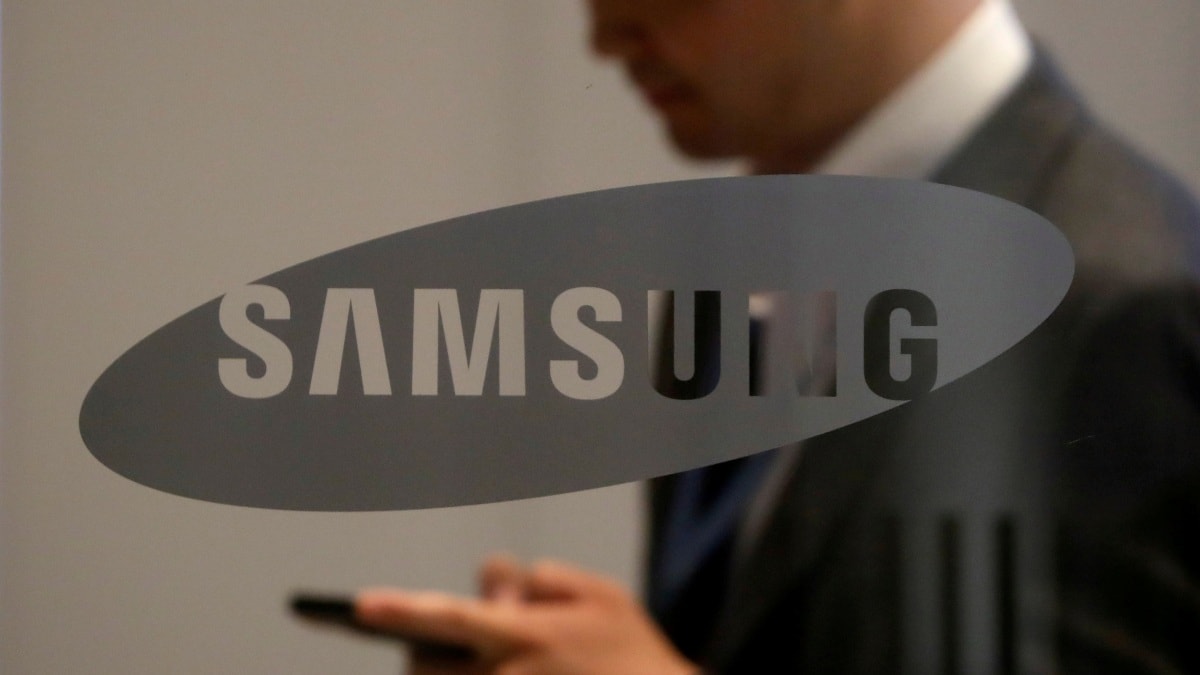
Samsung Electronics flagged a worse-than-expected 32 percent drop in quarterly operating earnings on Friday, as an economic downturn slashed demand for electronic devices and the memory chips that go in them. Samsung’s memory chip shipments likely came in below already downgraded expectations and prices could fall further this quarter, analysts said, as customers react to rising inflation, higher interest rates and the impact of Russia’s invasion of Ukraine.
Samsung, the world’s top maker of memory chips, smartphones and televisions, is a bellwether for global consumer demand and its disappointing preliminary results add to a flurry of earnings downgrades and gloomy forecasts.
Estimated profit fell to KRW 10.8 trillion (roughly Rs. 62,900 crore) in July-September – the first year-on-year decline in nearly three years — from KRW 15.8 trillion (roughly Rs. 92,000 crore) a year earlier, the company said in a preliminary earnings release.
The result was 8.5 percent below an KRW 11.8 trillion (roughly Rs.68,700 crore) SmartEstimate from Refinitiv.
Companies and consumers have tightened their belts, with memory chip buyers such as smartphone and PC makers holding off on new purchases and using up existing inventory, driving down shipments and ushering in an industry downcycle.
“Memory chip business is worse than expected, DRAM chip shipments may be down by higher-teens percentage versus second-quarter,” said Park Sung-soon, an analyst at Cape Investment & Securities.`
Price negotiation trend seems to suggest customers’ demand rapidly worsened during the quarter.”
Analysts expect memory chip prices to continue to plunge in the current quarter, causing a further dip in Samsung’s fourth-quarter profits. Demand is not expected to recover until early next year.
Rival Micron last week became the first memory-chip maker to officially cut its investment plans for next year, and larger rival SK Hynix has hinted at a possible investment cut.
Chipmaker Advanced Micro Devices on Thursday provided third-quarter revenue estimates that were about a billion dollars less than previously forecast on weak PC demand, signaling the chip slump could be much worse than expected.
Samsung is currently not discussing a memory chip production cut, an executive told reporters in the United States on Wednesday, according to Yonhap news agency.
“Investors will be interested to hear whether Samsung considers a capex cut, or plans a lot of chip equipment maintenance, or pursues a strategy of profitability. This will signal chip supply conditions,” Park said.
Samsung is due to release detailed earnings on October 27, when executives will also provide briefings for media and analysts.
Its shares, which have fallen nearly 30 percent this year, rose 0.2 percent in morning trade, versus a 0.3 percent drop in the wider market.
High-end phone demand
Counterpoint Research said estimated smartphone shipments by Samsung’s mobile business in the third quarter were about 66 million, a 5 percent drop on-year, as Samsung launched its new flagship foldable phones during the quarter.
“High- and premium-tier market is relatively resilient with solid demand despite the recent economic gloom,” said Liz Lee, Associate Director at Counterpoint. In the U.S., “the initial sales for the Galaxy Z4 series were higher than the Galaxy Z3 series sales.”
Analysts have said Samsung remains over-exposed to demand dependent businesses such as mobile phones and memory chips that are vulnerable to economic downturns, in the absence of a larger share in long-term chip contract manufacturing.
“Samsung needs product lines with a high share of long-term agreements, exclusive market dominance and a premium brand with high consumer preference, but it still needs time to get there,” said Greg Roh, head of research at Hyundai Motor.
Foldable display panels and advanced foundry processes were “important” for the company to become less exposed to economic downturns, Roh added.
Quarterly revenue likely rose 3 percent from the same period a year earlier to KRW 76 trillion (roughly Rs. 62,61,25,000) Samsung said.
© Thomson Reuters 2022





